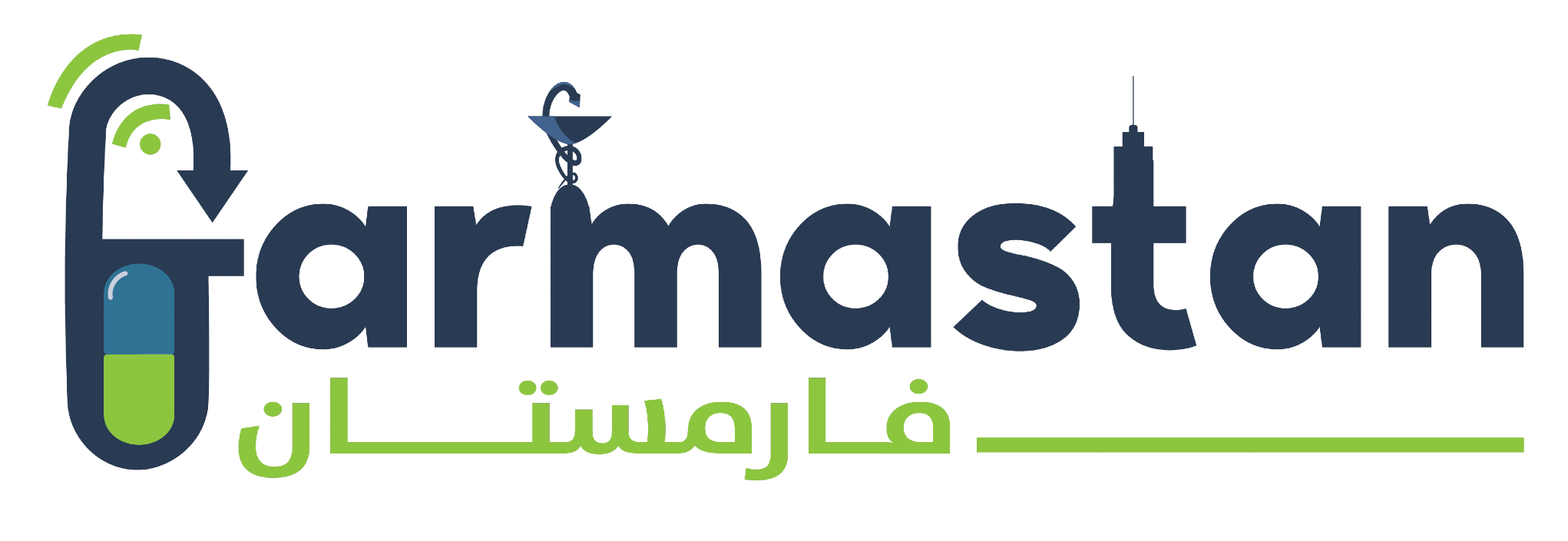Business Plan For a Beauty Salon – Cash Flow Decisions
[ad_1]
Creating a business plan for your beauty salon presents the perfect opportunity for you to create a functioning cash flow statement (sometimes called the statement of cash flows). This will allow you to make key decisions about cash flow going forward.
Creating the Cash Flow Statement
It is highly recommended to start with an Excel template or financial model example of some kind for your salon’s cash flow statement. It need not be an model specifically tailored towards a beauty salon, but should be for a similar business (i.e., one that makes revenues through services and product sales, pays rent for a location, etc) so that minimal customization is required. Starting with a template can save a great deal of time in the creation of the statement.
Three Sections of a Cash Flow Statement
This will describe cash inflows and outflows in three areas: operating activities, investing activities, and financing activities.
Operating activities include cash brought in from customers in the form of sales and cash paid out for operating expenses. This will generally represent the highest inflows and outflows on the cash flow statement and should result in a positive number each month for a profitable company.
Investing activities do not mean the company’s purchase of stocks or bonds (although this kind of rare activity would be included here). They are generally activities where the salon invests in itself. Whenever a capital purchase of an asset is made (equipment, leasehold improvements to the salon, furniture, etc.) the payments made will represent a cash outflow. If these assets are ever sold off, the money brought in will represent a cash inflow here. Generally, a functioning company will have negative cash flow in the investing area.
Financing activities are related to the funding of the company by investors and lenders. When funders put money into the company in the form of equity or debt capital, this represents a cash inflow here. When dividends are paid out, shares are bought back from equity investors, or lenders are paid back their loan principal, financing shows cash outflows. Note that paying interest on loans represents an operating activity in the United States.
Cash Reserves
By seeing how low the ending cash balance each quarter, month, or week drops to, you can determine what size cash reserves the company will need. Make sure that cash reserves cover all negative balances as well as at least thousands of dollars more as a cushion to prepare for cost overruns or revenue shortfalls.

Leave a Reply
You must be logged in to post a comment.